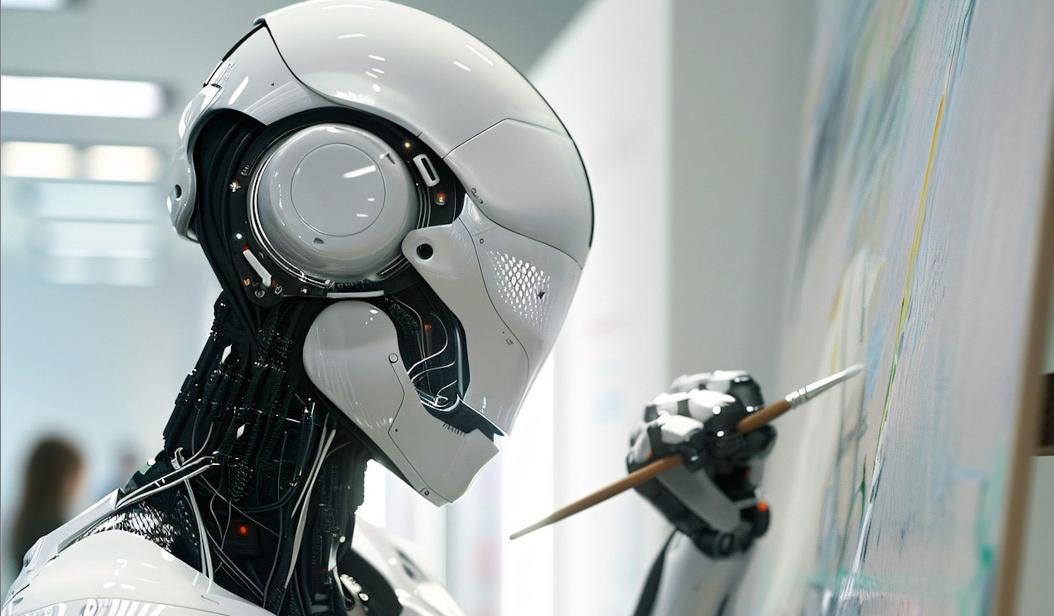An article by guest contributor Patricia Audrey Hakim (479 words, 3 min. read)
AI is scary.
But do you know what’s scarier?
Human beings.

We’ve been afraid of what technology might do to us, yet we rarely take a moment to see what we’ve already done to ourselves.
AI hasn’t pillaged, looted, raped, tortured, or killed since the beginning of time.
But we have.
Most of the time, AI reflects empathy, understanding, and support. Rarely does it encourage violence or self-inflicting harm. If AI ever hints at hurtful behavior, it’s because humans taught it how. We coded its words and its patterns of thought, after all.
And, ironically, we turn to a machine instead of another human being such as a family member or a friend, for mental health support. This bizarrely reveals the unspoken fear and insecurity we now feel among one another.
Yet, we are afraid of AI.
Are we so afraid of it because, essentially, it is a reflection of us?
The greatest threat from AI is not that it will destroy us, but that we’ll delegate to it our ability to think. The real danger is not in physical harm, but a submission to its strengths when we weaken our inquisitive questioning, our creative imagination, and our responsibility for ourselves.

When AI begins to express our art, engineer our future, and philosophize our existence, there’s very little left for us to do. There’s only so much basketball we can play, only so many meals we can cook, only so many series we can binge before our meaning fades from reality.
AI is a machine built from human instruction. It does not dream or desire. It does not act from feeling or necessity. We take from it only what we have put into it.

The real worry is that while AI learns from us, we’re beginning to let it teach us how to be.
Since our very beginning, we’ve manipulated and misled, programming others to believe what we want. And our greatest power was to make you think you’ve persuaded yourself. We are the true masters of indoctrination.
Yet, we fear AI.
We have risked our very existence by manifesting ourselves into a machine.
AI may one day think on its own. But it was humans who told it how to learn, what to favor, and where to aspire. The reflection we fear most in AI is really the reflection of ourselves.
If we lived with strong ethics, sound morals, and wholesome values, AI would not frighten us. It would simply continue to share our light instead of intensifying our darkness.

We are the origin of lies, of greed, of violence. AI is our seed, a generated sprout of our complete image.
Without realizing it, the scariest thought of all is not that AI might become like us,
but that it already has.
A Note To Think About


